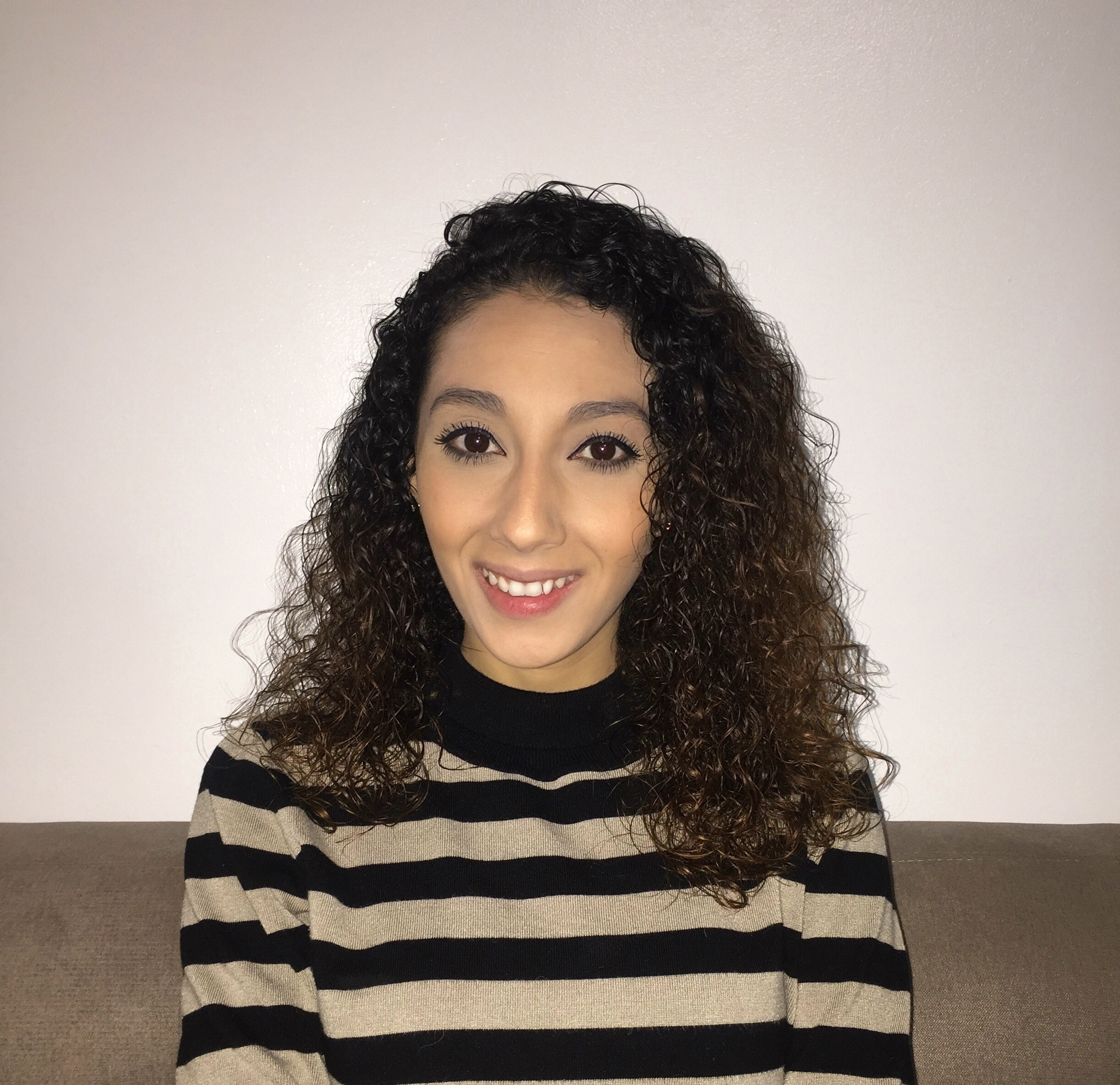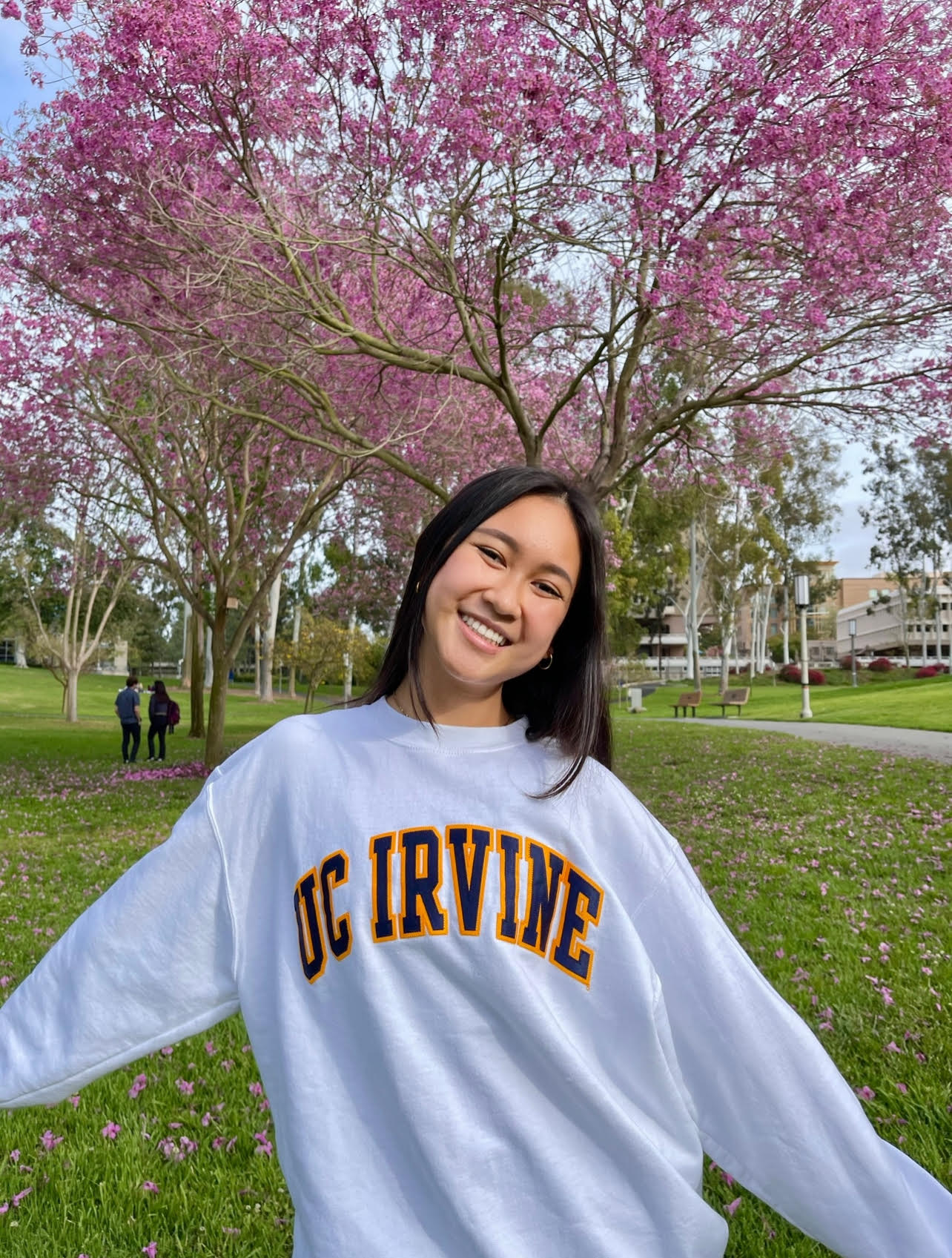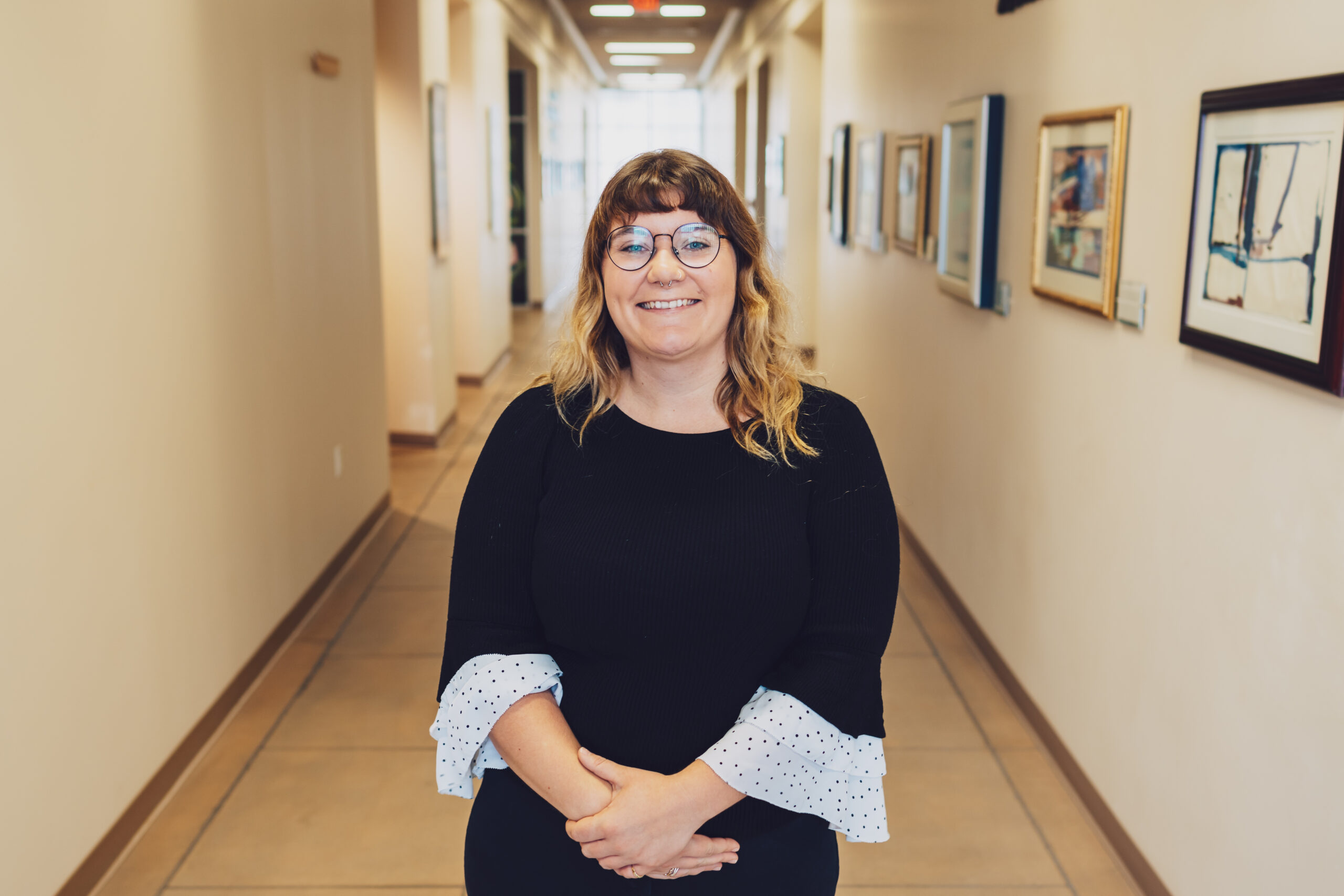Jharrayne McKnight

What inspired you to pursue a career in the biological sciences?
I was inspired to pursue a career in the biological sciences after a childhood fascination with medicine, especially neurosurgery and then a collegiate opportunity to participate in neuroendocrinology biomedical research.
Why did you choose BioSci?
I chose Dunlop School because the passion for innovative science, collaboration and support of trainees.
Tell us about your research.
My research surrounds investigating the intersection of neurodegeneration–specifically Huntington’s Disease–with phenomenon of stress granules which is a biological response to environmental stressors on a subcellular level.
What accomplishments are you most proud of?
I am most proud of my continued progress in my PhD program. When I graduate, I will be the first person in my family to have earned such a prestigious degree. It would have been a culmination of 20 years of hard work and traversing the challenges of science, mathematics and at times antiquated perspectives.
Can you speak to the importance of diversity and representation in the biological sciences?
The world is a large place full of differing perspectives, cultures, backgrounds and of course biology. I think studying diverse populations of people by scientists from diverse backgrounds is one way to ensure scientific findings can be disseminated to all people. The sharing of scientific findings openly and transparently ensures equitable advance of medicine, health and science as a society and not just a subpopulation. If we want the best science that means equitable science and diversity and representation are key to this desire.
What advice would you give to young black students interested in pursuing a career in the sciences?
You are not alone. There are other Black people who love science too! There will always be help along the way if you ask. Don’t let anything stop you. The sciences are hard but so is being Black in America. Science does not care about the color of your skin. So shoot for the stars!
Can you speak to any initiatives or programs that have been helpful to you as a scientist?
During my time in college I was both a LAMP scholar and a MARC fellow. Initiative focused on providing support to the underrepresented in STEM have been integral in ensuring I had access to some of the resources needed to continuously pursue my passion for science. I now am a UC-HBCU fellow supported by the University if California regent system. Again, helping make resources more available to the marginalized is integral to our success.
Can you tell us about a role model or mentor who has been influential in your career as a scientist?
I have a number of mentors who were influential in my career as a scientist but a very large shoutout to my Mentor Dr. Melvenia Martin. She was the first Black PhD who made me see that this path would suit me. It has. And I will be forever thankful to have found it with her love, support, and mentorship.
What is your favorite hobby or activity outside of work?
My favorite hobby outside of work is Mixed martial arts, but a special shoutout to Muay Thai. It has be pivotal in helping provide an outlet for the frustration one can find in a career in science.




